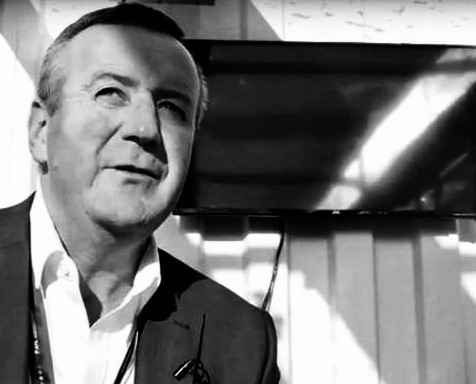In the dying days of the Celtic Tiger, businessman Brian McDonagh set out to build a €500 million data centre on lands in Kilpeddar, Co Wicklow. Things went pretty well. He got an investment loan. He bought the site and got the lands rezoned. When the economy fell over, that didn’t stop McDonagh. He restructured his debt and persisted. Even when the price for most people would have been too high; strained relationships, failed litigation, a multi-million loan pile, a cat and mouse game with the bank – McDonagh did not let go of his vision. Instead, he kept going…
Cancel at any time. Are you already a member? Log in here.
Want to read the full story?
Unlock this article – and everything else on The Currency – with an annual membership and receive a free Samsonite Upscape suitcase, retailing at €235, delivered to your door.

